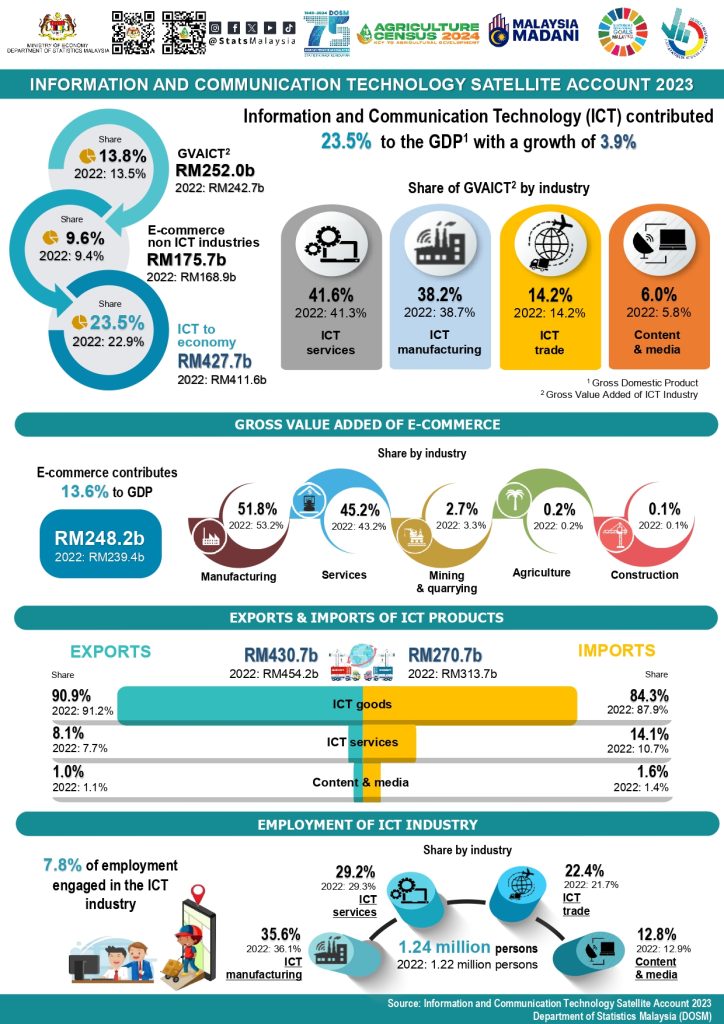
The Malaysian government should allocate funds in the National Budget 2025 to tighten regulations, increase enforcement and continuously educate ethical e-commerce practices, which could help in supporting the growth of genuine entrepreneurs, elevate earnings and contributing positively to the economy.
Direct Selling Association Malaysia (DSAM) president Mohamad Zaihan Mohamed Ariffin said that despite e-commerce platforms offer valuable opportunities for business owners, tightening the laws and regulations on e-commerce is very much needed.
“There is room for tightening the laws to include the unlawful reselling of authentic and trademarked products, counterfeit, unregistered, or altered products,” Zaihan said.
He pointed out that the unlawful sales of direct-selling products have jeopardized genuine self-funded, self-employed taxpaying entrepreneurs such as those in the direct-selling industry.
“We hope that Budget 2025 will prioritise initiatives to support genuine entrepreneurs growing their businesses ethically and fairly,” he added.
Additionally, he expressed hope that the government will provide tax relief for purchases of health and wellness supplement products, similar to the current provisions for sports equipment, which could encourage Malaysians to prioritise their well-being.
“By offering tax rebates on the purchase of authentic, locally registered products from compliant companies, the government could incentivize the people to make healthier choices and indirectly boost tax collections from local businesses.
“This measure would promote preventive healthcare, reduce the burden on the healthcare system and contribute to a more productive and resilient population,” he added.
Meanwhile, the Department of Statistics Malaysia (DOSM) reported that e-commerce and the information and communication technology (ICT) industry generated a total of RM427.7 billion to Malaysia’s gross domestic product (GDP) in 2023, compared to RM411.6 billion in the previous year.
Its chief statistician Datuk Seri Dr Mohd Uzir Mahidin said this represents a contribution of 23.5% to GDP in 2023 from the 22.9% in 2022.
“The ICT and e-commerce activities grew at 3.9% and are composed of gross value added of ICT industry (GVAICT) with the share of 13.8%, along with 9.6% from e-commerce in non-ICT industries,” he said.
According to Uzir, the GVAICT stood at RM252 billion last year, recording a growth of 3.8% that was supported by ICT services (41.6%).
“This is followed by ICT manufacturing, ICT trade and content and media with a share of 38.2%, 14.2% and 6%, respectively,” he goes on.
He also noted that the gross value added of e-commerce mounted to RM248.2 billion in 2023, with slower growth of 3.7% compared to 19.2% in the preceding year.
![]()

According to Uzir, the contribution of e-commerce to GDP was recorded at 13.6%, with the manufacturing sector as the main contributor at 51.8%, followed by the services sector at 45.2%.
In addition, the exports of ICT products contributed 34.5% to Malaysia’s exports, valued at RM430.7 billion in 2023 and was dominated by ICT goods with a share of 90.5%.
“The imports of ICT products recorded a contribution of 23.4% to national imports with a value of RM270.7 billion, contributed by the ICT goods with the share of 84.3%.
“Overall, the net exports of ICT products recorded a surplus of RM160 billion in 2023,” he noted.
On the labour front, Uzir said employment in the ICT industry increased by 1.6% to 1.24 million people in 2023, with a contribution of 7.8% to the overall employment in Malaysia.
“The employment was dominated by ICT manufacturing at 35.6%, followed by ICT services and ICT trade with a share of 29.2% and 22.4%, respectively,” Uzir added.














